By comparison, much less is known about THCA, many of the health benefits discovered by science, however, were nonetheless taken in large part in raw form through cannabis juices, tinctures or capsules with therapeutic uses sans any type of intoxicating side effects.
What is THCA?
THCA is the abbreviation for Tetrahydrocannabinol acid. It is one of several naturally occurring, non-psychoactive cannabinoids present in raw cannabis. It is also the precursor to the better-known THC, which is often cited as responsible for the major psychoactive “high” in marijuana. When it’s heated, through smoking or via cooking, THCA decarboxylation into THC.
How Safe is it to Smoke THCA?
THCA means Tetrahydrocannabinol acid and isn’t usually smoked in its raw form since doing this will not induce psychoactive effects until it’s heated. What that means in other words is that when THCA is exposed to heat-smoking, vaping, even cooking-the compound decarboxylates and converts into THC, reportedly producing psychoactive effects associated with marijuana.
Phrased yet another way, if that is the case, then the raw cannabis being smoked actually is THC being smoked-therefore the intoxicating effect associated with its use. Admittedly, the safety aspect of smoking cannabis does bring up health concerns. All smoke, including cannabis smoke, is an irritant to the respiratory system; chronic use can lead to possible lung problems.
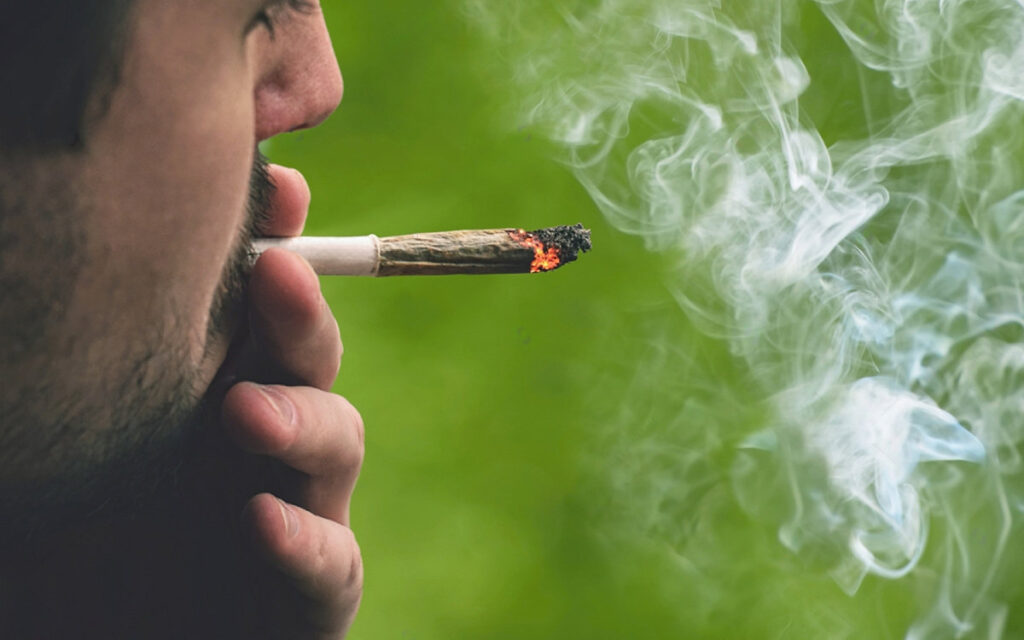
While there is less amount of harmful carcinogens contained in cannabis smoke, compared to tobacco smoke, studies looking at long-term exposure to cannabis smoke regarding long-term lung health have produced mixed findings.
Smokers medicating with THCA, or taking it for wellness reasons unrelated to psychoactive properties, really should not be smoking at all. This could perhaps be provided in the form of raw cannabis products, such as juicing, or ingested in tincture form, capsule form. Should someone smoke cannabis that contains high amounts of THCA, that would become THC and might or might not fall within desired effects or health goals.
It has no side effects; all the effects depend on health and the intention of smoking cannabis in general. Concerns always relate directly to a healthcare professional.
What are THCA Flowers?
The THCA flower is basically some sort of cannabis buds that are highly loaded with tetrahydrocannabinolic acid, generally referred to as THCA. But most of that THCA, in its raw form, is locked inside the trichomes of the flower and doesn’t create any psychoactive “high” one might expect from THC.
That’s changed through a chemical process called decarboxylation-brought on by heat-smoking, vaping, cooking-for example. As the THCA is transformed into THC, the effects change from being therapeutic to possibly intoxicating.
The unheated forms of THCA flowers would want health benefits from cannabis sans psychoactive effects. They take this in by juicing raw cannabis leaves and flowers, blending them in smoothies, using THCA tinctures, topicals, and capsules.
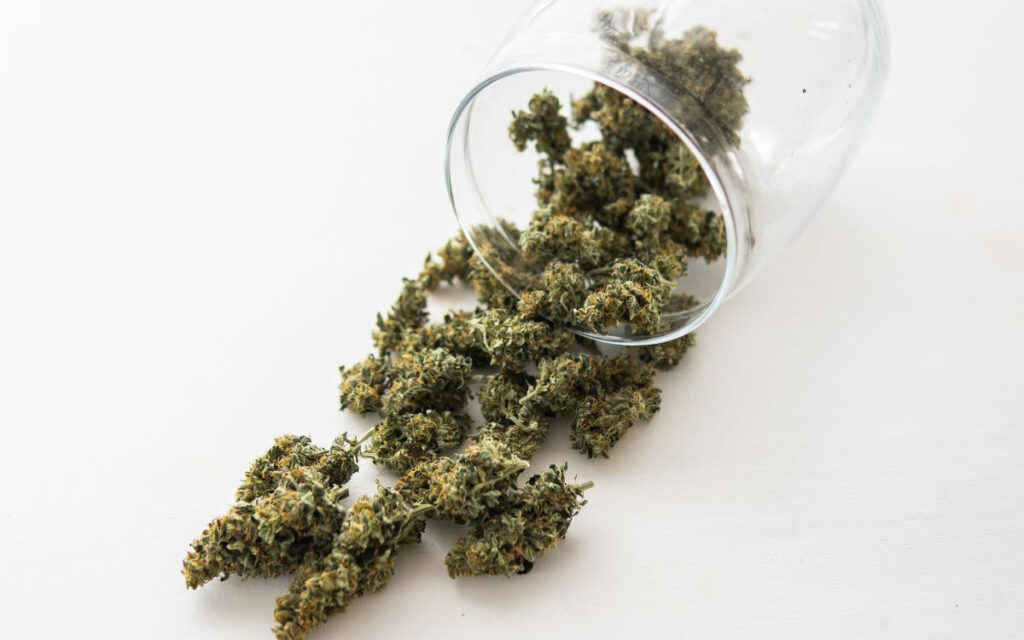
THCA has been a subject of investigation on several possible medical applications, including anti-inflammation, neuroprotection, antiemesis, and anticancer properties. It’s either being used raw as a consumer product for health benefits or decarboxylated for intoxicating reasons; this appeals to those kinds of consumers that enjoy variety in application.
One of the considerations upon purchase in the THCA flower is the assurance through lab testing of the cannabinoid content and purity. As more and more grows come online, people learned that the possibility of cannabinoids, especially THCA, is increasingly in the spotlight.
Is THCA legal?
The legality of THCA, or rather, tetrahydrocannabinolic acid, is highly dependent on location with respect to the way it influences federal, state, or national administration. Quite appropriately, the legal status of THCA has been referred to as multivalent and complex since it exists within the United States.
The Farm Bill of 2018 legalized hemp and its derivatives at the federal level, as long as the latter contained less than 0.3 percent delta-9 THC by weight. That brings it directly into the grey area where it is considered legal to extract THCA from hemp if the final product still keeps the limit on the amount of THC.
If the source of THCA would have been cannabis, however-heat or decarboxylation would then render it to a high amount of psychoactive THC-the extract from hemp was actually considered classified as a controlled substance.
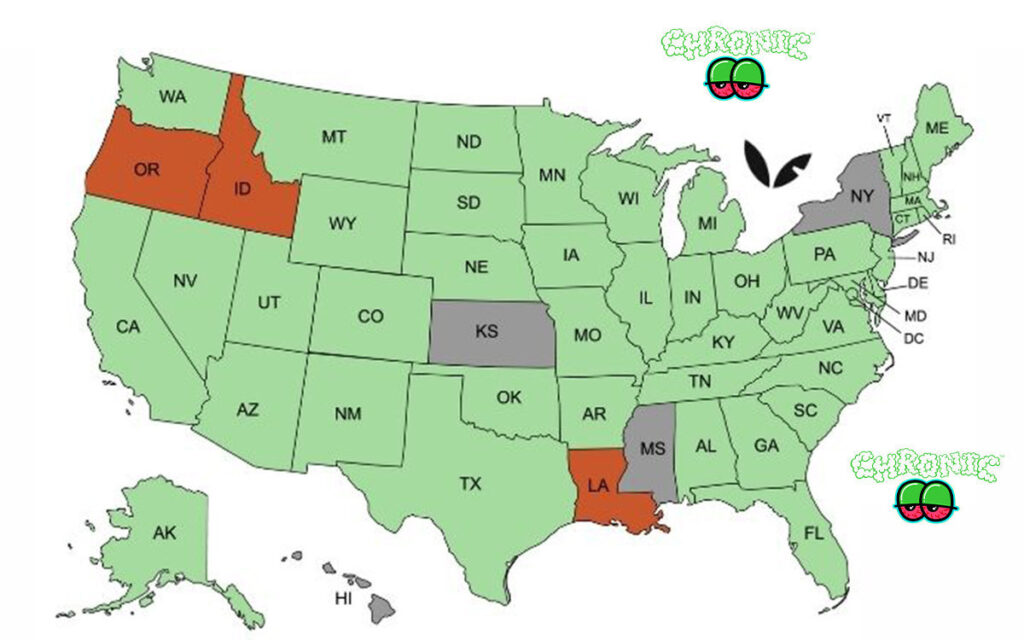
State laws regarding its legality differ in each of those respects: some specifically allow either medical or recreational use of cannabis and its derivatives, which would include THCA. Perhaps THCA, in its natural flower or as tinctures, capsules, etc., could legally be purchased and consumed in those states.
Of course, it may also be the case that in states that take a very conservative view of cannabis itself, even THCA would still technically be considered to be illegal-so long as there is any possibility of its conversion into THC. Laws on cannabis vary from region to region, where some liberated the use of cannabis, others forbade it; under which fell the products of THCA.
It is each customer’s responsibility to be informed about state legislation concerning THCA and cannabis-derived compounds. Laws are re-interpreted over time, and therefore it is of utmost importance to keep up-to-date about any notice on changed and updated legislation. Refer back to your state or local jurisdiction for further clarification.
THCA: Psychoactive When Smoked
This crude THCA was in no way psychoactive; thus, none of the so-called “high” properties of the cannabinoid THC. It could only be derived from raw, unheated cannabis, whereby through some process called decarboxylation, THCA changes into psychoactive THC. Normally, decarboxylation takes place when cannabis is heated-smoking, vaporizing, cooking, and so on.
Smoked or heated, it easily decarboxylates into THC.
Read: THCA and it’s Flower Production Process: How is it made?
Heat removes one carboxyl group off the THCA molecule, and voilà-there it is: psychoactive product-THC. Because it is pre-converted, its action in the endocannabinoid system via binding with head CB1 receptors explains its intoxicating features of euphoria, changed perception, and relaxation.
Therefore, smoking cannabis with THCA in its content turns it into psychoactive THC upon heating.
In fact, that is one of the reasons why raw cannabis is not intoxicating without heating, yet it will become intoxicating if smoked or heated. People who are interested in non-psychoactive benefits of THCA utilize raw forms of juices or tinctures. No heating is involved here; thus, for the possible therapeutic effect, it keeps THCA in its original form: non-psychoactive.
What are the THCA Therapeutic Effects?’
Tetrahydrocannabinolic acid or THCA thus far has gathered a series of promising therapeutic effects and hence has been a focus of increased research interest. Primarily it is anti-inflammatory in nature and based on these properties, conditions like arthritis and autoimmune diseases can well be kept in control.
In general, neuroprotective effects refer to the mechanisms serving protectively in the treatment of neurodegenerative disorders, such as Alzheimer’s and Parkinson’s disease, by protection of nerve cells from any form of damage. THCA is also promising in antiemetic use and hence may be a very effective medicine in patients with nausea and lack of appetite, even during chemotherapy.
Apart from this, it is also claimed that THCA is analgesic; thus, it can show pain relief but without the psychoactive effect of THC. Preliminary research also claimed it could serve as a muscle relaxant, highly effective for those with muscle spasms or cramps.
It has also been tried in test cases for anti-proliferative action with a view to impeding the reproduction of tumor cells in cancer treatment. Since THCA is non-psychoactive, this positions this product for wide medical use in myriad applications whereby patients can therapeutically benefit from this compound with no associated high.
How does THCA differ from THC?
THCA stands for Tetrahydrocannabinol acid and is a naturally occurring organic cannabinoid. THC, in turn, is the abbreviation for the name tetrahydrocannabinol and is another organic cannabinoid. Basically, they are going to differ from one another in their chemical structure, in their psychoactive effect, and in the way they interact with the organism.
Actually, THCA is a precursor of THC. It appears in raw cannabis which hasn’t been heated. It is a non psychoactive chemical and won’t get one “high.”. This is because of the presence of a carboxyl group in THCA. These cannot fit into the CB1 receptors inside the brain responsible for psychoactive effects.
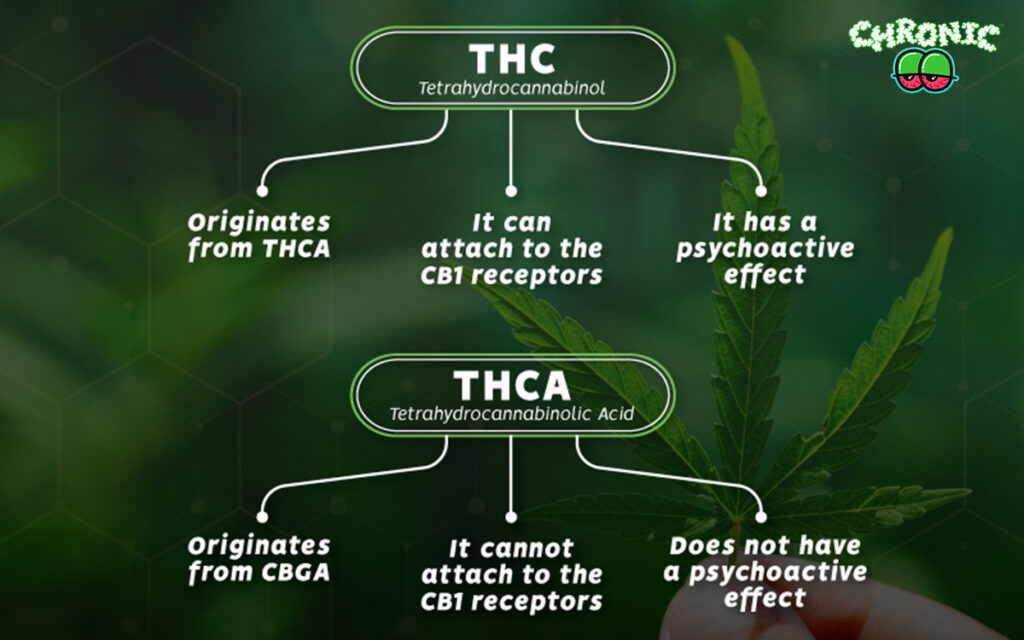
THC-A reportedly gets decarboxylated-a chemical reaction wherein the carboxyl group gets taken away and changes it into THC-thru smoking, vaping, and cooking. At the end, THC acts through CB1 receptors, thereby producing psychoactive sensations characterized by euphoria, altered perception, and relaxation.
Apart from the high it produces, it reportedly contains a number of other medicinal uses, which include but are not limited to pain management, stimulating appetite, and anti-nausea properties.
While THC classically was considered for its psychoactive properties, a lot of attention these days has been going towards THCA regarding anti-inflammatory, neuroprotective, and antiemetic effects-all sans the intoxication.
What is a Medical Marijuana Card, and How to Get It?
A medical marijuana card is one type of ID card provided by a state or country that allows patients to buy, possess, and cultivate cannabis for any medicinal purpose. These cards are given to patients who have various health qualifications, which can be treated by using cannabis, such as chronic pain, anxiety, epilepsy, and even cancer.
In fact, it acts as an entrance card into the medical cannabis dispensaries, saving the patients from any possible legal consequence that one may be worried about with the possession of marijuana, provided they remain within norms, which the state lays down.
Consider Reading: THCA Benefits: What does THCA do? Usage, and Consumption
First, the thing to be done when applying for a medical marijuana card is finding whether you have a qualified condition in your state. You go through a licensed physician who subsequently assesses your condition to see whether you qualify for medical cannabis. That would depend upon whether the doctor recommends it.
Then, you apply through a state marijuana medical program; most of them require some kind of proof of residency, a recommendation from a doctor, and some small fee. This is then processed and verified, after which a medical marijuana card will be issued to you; most often renewable annually, or at your state’s discretion.
How Long Does THCA Stay In Your System?
It includes metabolism of the factor, frequency of intake, amount consumed. As earlier stated, THCA is not psychoactive; it does not produce any high that one would experience from the THC. However, it can be detected through tests of drugs, which are in search for cannabis metabolites.
Generally speaking, one can say that cannabinoids constitute a long residuating family in the human body. Actually, among occasional users, one traces THCA a couple of days after intake among the regular users-it may be after weeks.
The reason for this might be the fact that THC metabolites accumulate in the cells of the fats and hence can be let out during a certain period of time. Another important factor is the route of use-if, for example, one takes THCA raw or as tinctures, for example; its clearance times compared to smoking or cooking, in turn would degrade the compound into THC.
With this metabolizing pattern of use and route of use, a decision on time will be made on how long it will be traceable within your system.
Side Effects of THCA
Generally, THCA in its raw form has been spoken of as non-psychoactive and safe. Whereas a reaction to the subject, which may still be, for instance, a side effect of either the tolerance level of the subject or the dosage taken.
It does not get heated in order to change THCA into THC and hence does not get to produce the “high” that follows upon the use of cannabis. It may have some mild side effects only with THCA at very high dosages or with the participation of a responding sensitive reacting organism.
Large doses of it may show mild gastrointestinal side effects, which include stomach upset or nausea, sleepiness, and lethargy. Most of the side effects mentioned above are minor; however, a person taking them must know that interacting with other drugs or supplements can give a completely different light altogether.

Apart from this, most research on THCA is at its foundational stages, while liver and metabolic concerns are a given; one should already be consulting health professionals prior to use. Interference of cannabinoids with liver enzyme activity does indeed happen.
Besides that, pregnant or lactating women are really treated with extreme caution, given that not enough research has been directed that way.
Although not as documented as THC, various THCA side effects have been generally very mild. Results may vary and at physician prescription only.
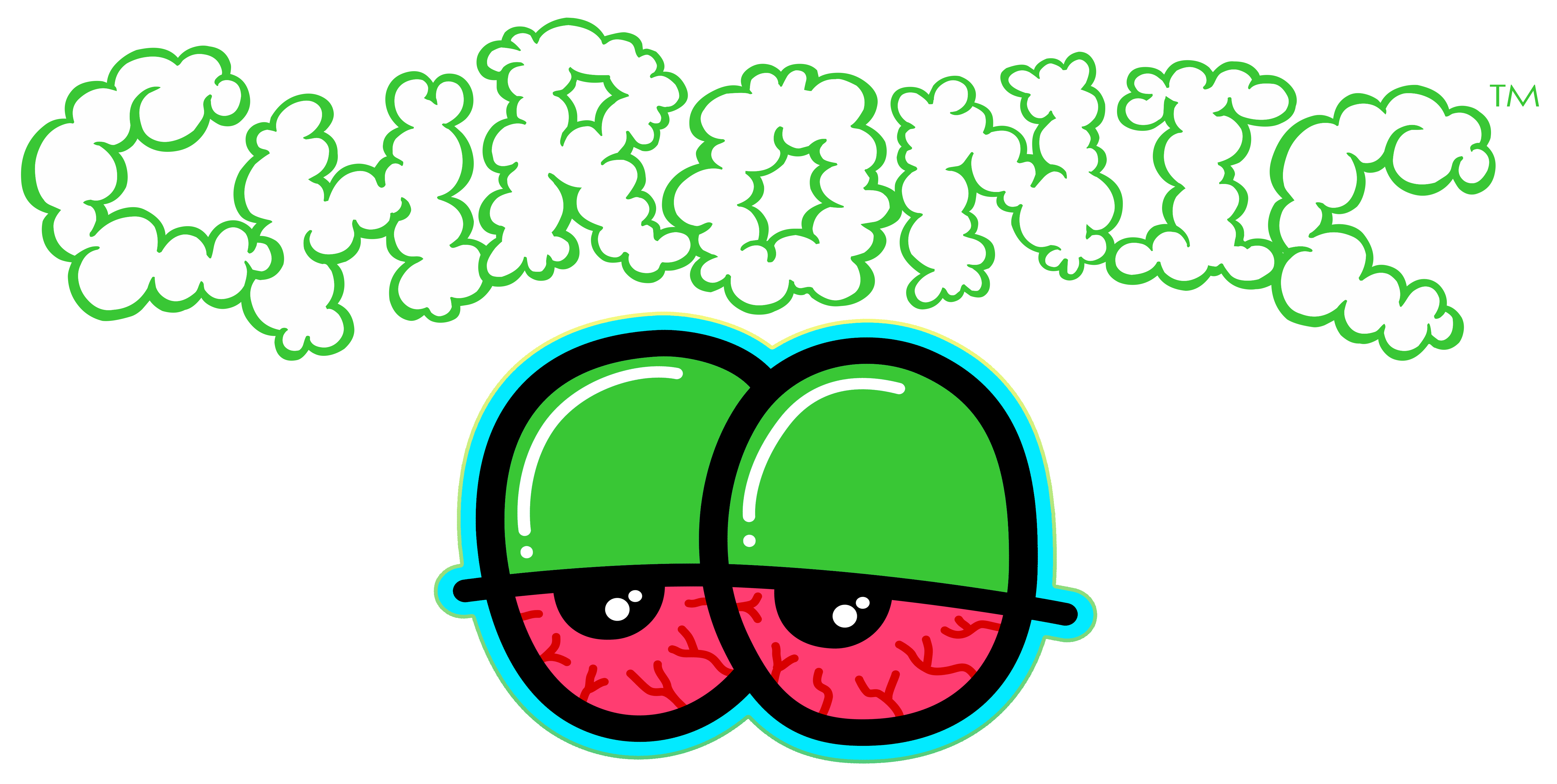
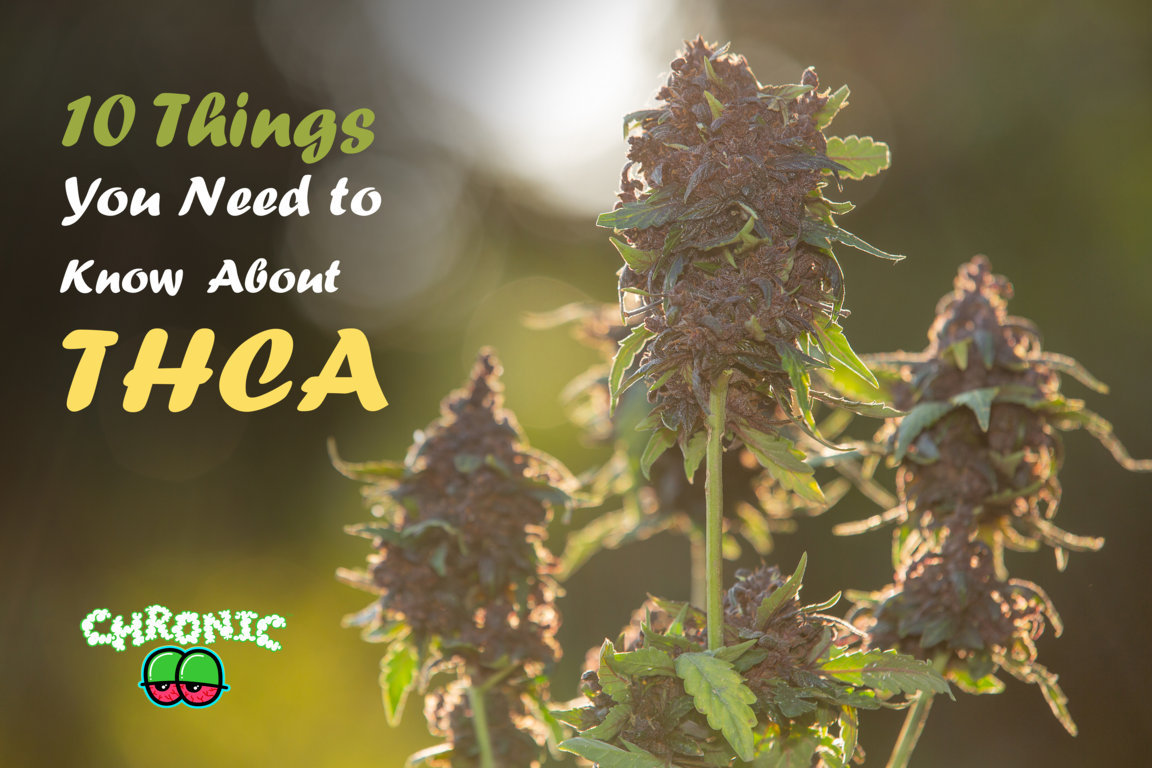


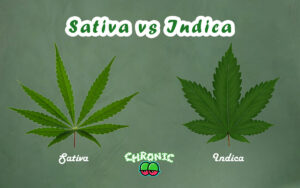
Pingback: Can you Fly with THCA? - Chronic THCA
Pingback: What is Delta 8 THC? Everything you need know - Chronic THCA
Pingback: What are THCA Side Effects? Detail Guide - Chronic THCA
Pingback: THCA Pre Rolls Legality State by State Guide - Chronic THCA
Pingback: How to grow THCA Flower? - Chronic THCA
Pingback: Can THCA Pre Rolls get you high? - Chronic THCA
Pingback: Exploring THCA Benefits for Sleep - Chronic THCA
Pingback: What are CBD Gummies? In Depth Guide - Chronic THCA
Pingback: Here what you need to know about 2018 farm bill THCA - Chronic THCA